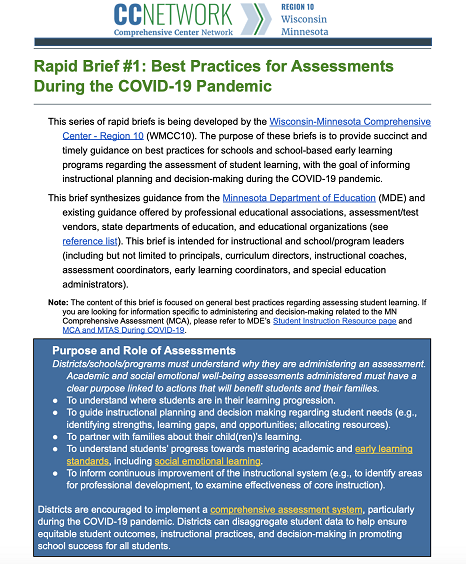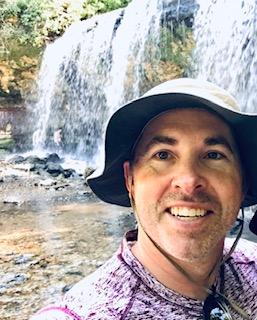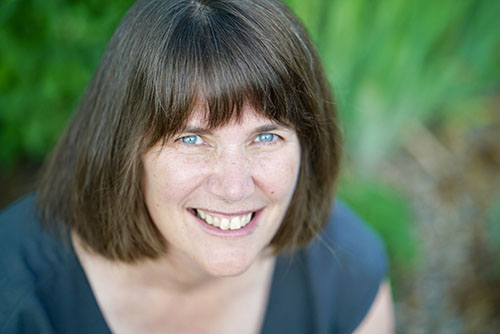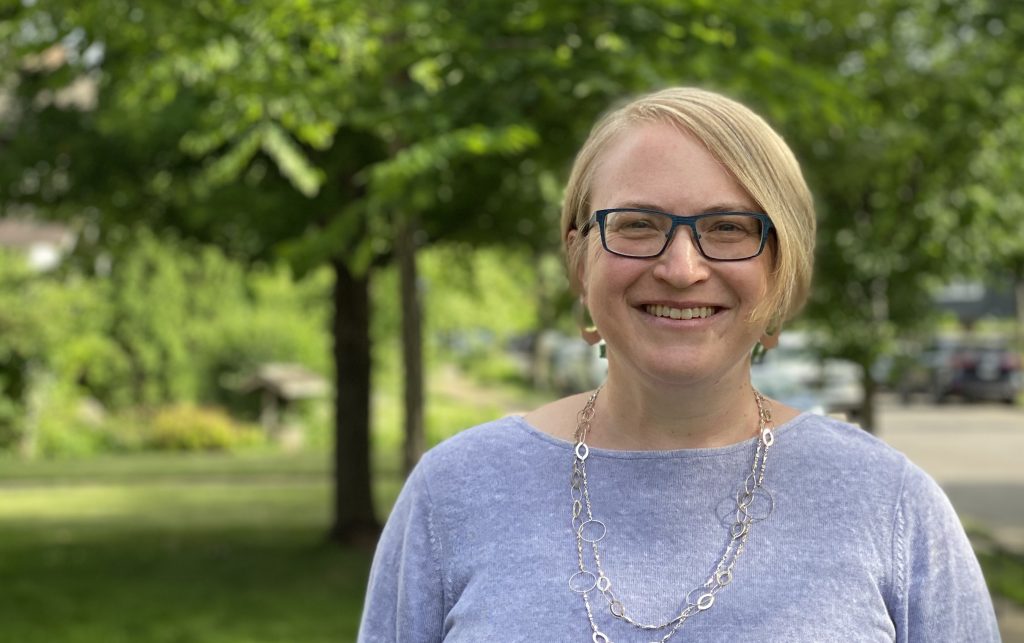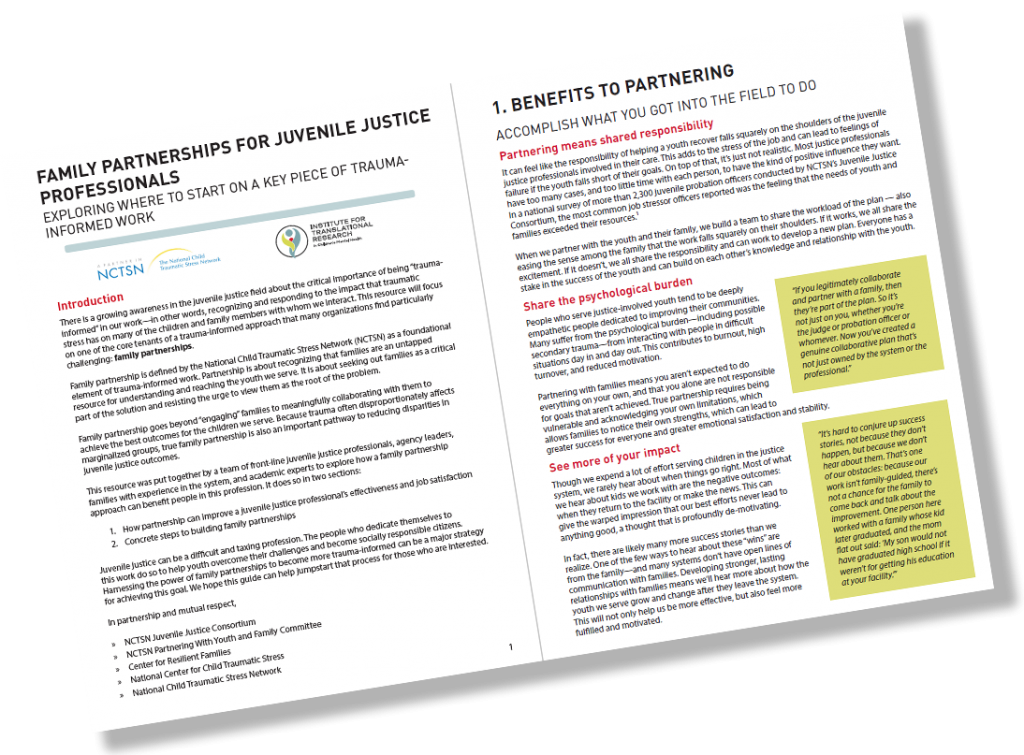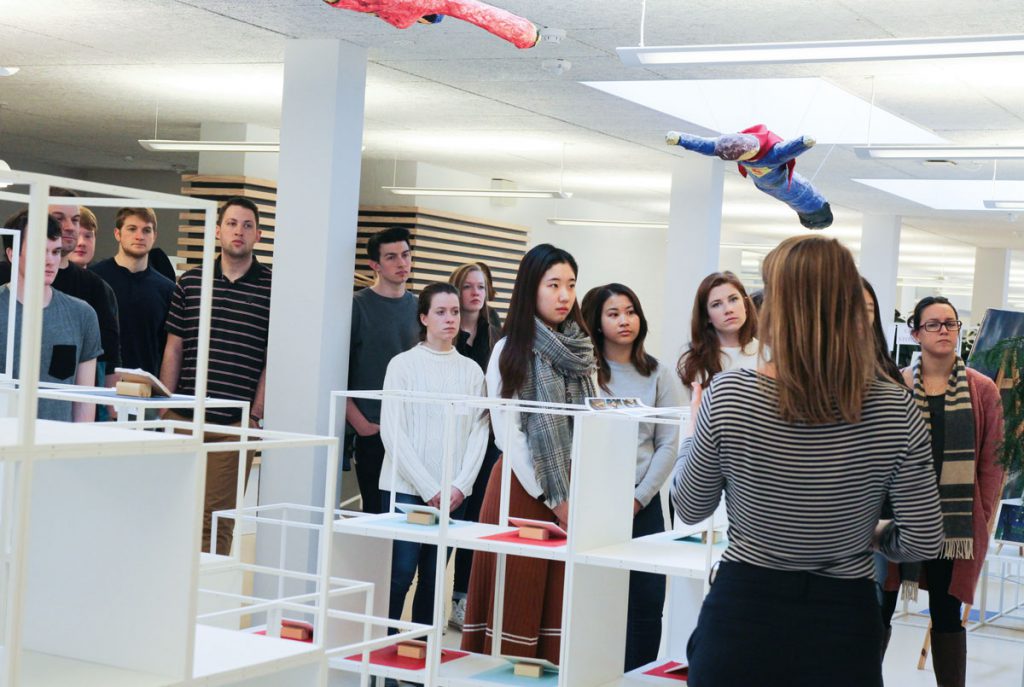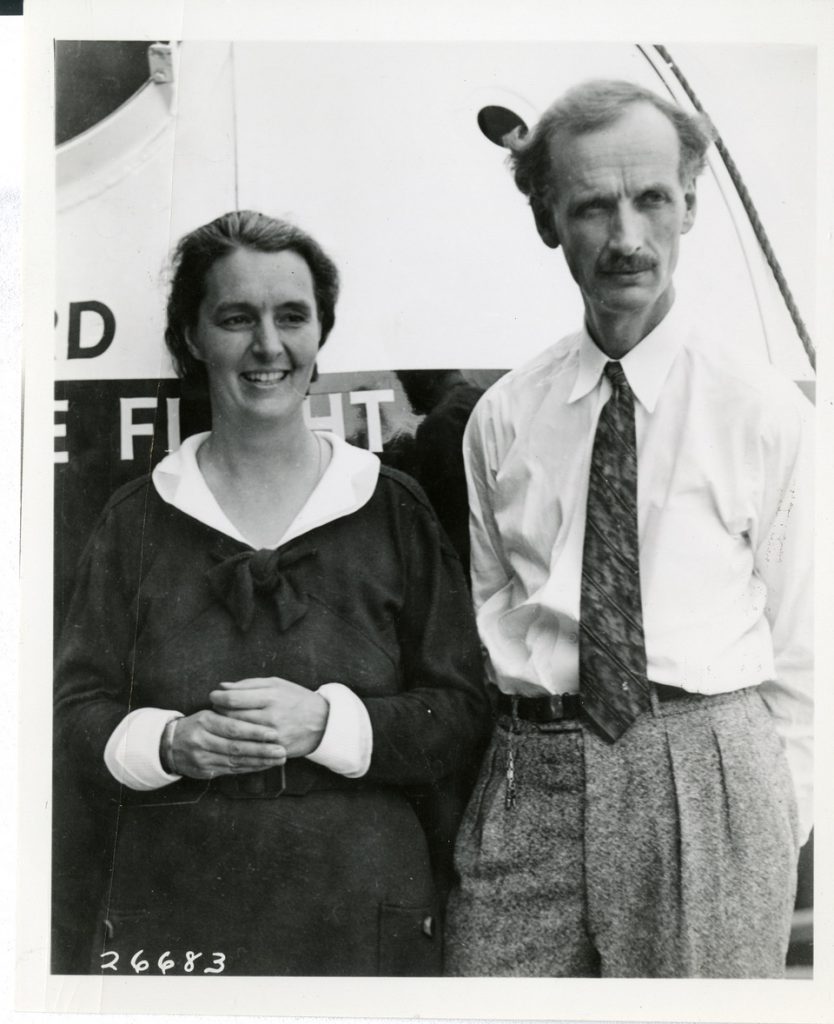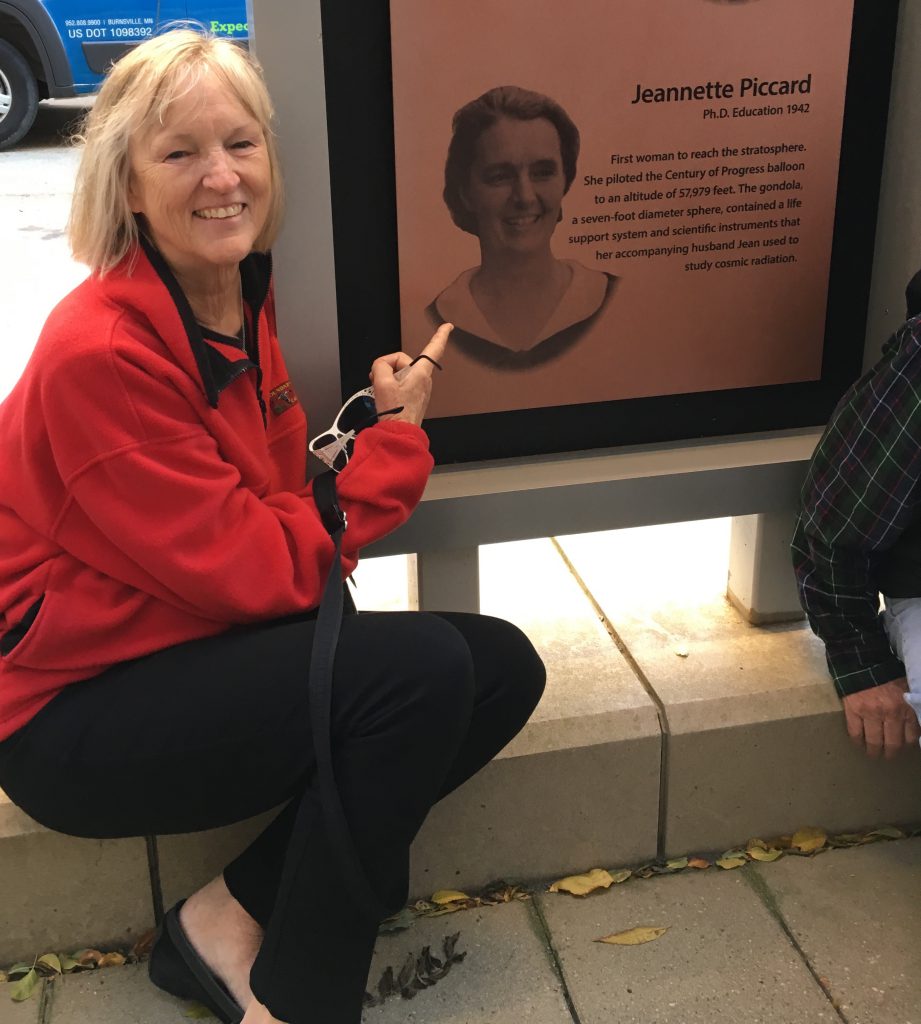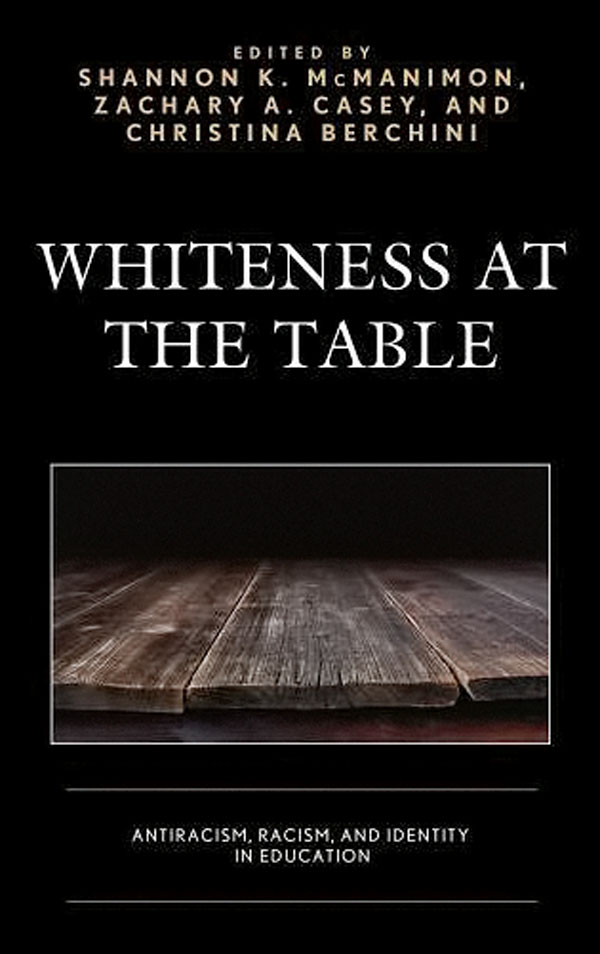At the heart of the CEHD community are the relationships built in the classroom between students and their instructors. What happens when those casual after-class chats cease to exist? Enter Feasting with Fran, a weekly Zoom lunch session with OLPD professor Fran Vavrus and her students. We checked in with Fran to learn more.
What is Feasting with Fran?
Feasting with Fran began at the end of March, shortly after the announcement that we would be doing online instruction for the rest of the semester. I invited all of my master’s and doctoral advisees to join in an optional weekly gathering on Zoom during which time we could eat our lunches, talk with one another, and address any academic questions that might be relevant to the whole group. We have met nearly every Wednesday from 12:00-12:45 or so since March 25th, though we decided in early July to go to every other week for the rest of the summer.
What prompted you to start these sessions?
I was concerned by what I was hearing from the students in my online class, many of whom were teachers and school leaders, regarding the sense of isolation that some of their students and colleagues were feeling when the stay-at-home orders were announced. I also heard from some of my advisees about their feelings of uncertainty and anxiety, especially surrounding research they had planned for this summer and fall. Thus, I thought it would be helpful if we could create a supportive community with academic advice being one element of our weekly conversations but so too accomplishments during the previous week, even very small ones, as well as concerns that folks might want to share with others.
Have you seen regular participation from students or has it changed over time?
There has been a core group of about four students who have been there nearly every week, and then there are a couple who have participated for only four-five sessions owing to scheduling conflicts. I did notice that almost everyone participated during the session following the death of George Floyd and its aftermath. I sensed that this was a moment when all of us felt the need to connect with our various communities, with this being one of them.
Has Feasting with Fran provided you with any insights or a-ha moments?
These weekly gatherings have given me insights into the benefits of online platforms like Zoom for community building across great distances that would not be possible if we restricted advising, or instruction, to face-to-face environments. For instance, one regular FwF participant is in the United Arab Emerites, another in Houston, and others are in various parts of the Twin Cities. Although my preference would be to host events with my advisees in my backyard, this is not possible when students are doing research abroad or living far from Minneapolis.
Has Feasting with Fran evolved since you started?
I think it has led to more open conversations when students are struggling because we have come to know one another better during the past few months. Students have volunteered that they are having difficulty with things like staying focused, keeping up momentum, and adjusting research topics due to travel restrictions, and they have gotten support and advice not only from me but also from their peers. I hope they have also come to realize that others are dealing with similar difficulties, both fellow students and their advisor; thus, they are not alone in working through these challenges.
Any additional thoughts on connecting with students during these unprecedented times?
I have found our weekly–now biweekly–gatherings to be a very important way to stay connected to others during a period when social isolation has affected many of our lives. This goes far beyond group advising because the focus some weeks has been solely on our spirts, not on courses to take in the fall or exams to complete over the summer. Connecting first and foremost as human beings is critical to building strong advising relationships and a constructive environment for learning; my hope is that FwF has helped each of us in some way as we navigate our way through this difficult, and novel, terrain.

